The recently released Indigenous Climate Resilience Resource Hub provides an overview of Indigenous climate resilience, bringing together an up-to-date listing of climate action initiatives, resources, and organizations (both adaptation and mitigation) from across Alberta and extending to include relevant national organizations.
The resource hub puts a spotlight on organizations like The Resilience Institute (TRI). The Action Centre talked directly with TRI, to learn more about what they do and how they work with Indigenous communities on capacity building and climate action.
What is The Resilience Institute’s vision?
The Resilience Institute’s mission is climate resilient futures and to reduce risk to disasters. We are a national charitable organization based in Alberta that works with diverse partners to advance education and research on strategies that reduce the impacts of climate change in vulnerable communities and sectors.
Who is on your team and what are you focused on?
The TRI team consists of a small core operations team and a diverse network of knowledge holders and subject matter experts. As a distributed organization we are nimble and therefore able to respond relatively quickly to the evolving climate challenges.
We work locally, nationally, and globally with partners in government, local and Indigenous communities, academia, and other organizations on initiatives that build capacity and inspire personal, organizational, and community resilience.
Our initiatives “ready” communities for climate action in both mitigation and adaptation and at the same time build critical knowledge on how to weave holistic ways of doing with scientific and technical expertise.
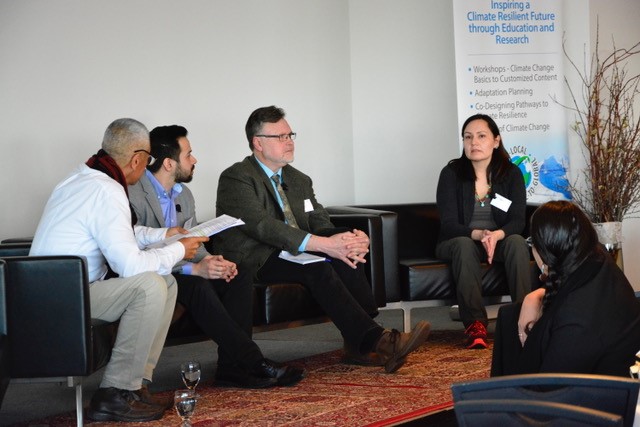
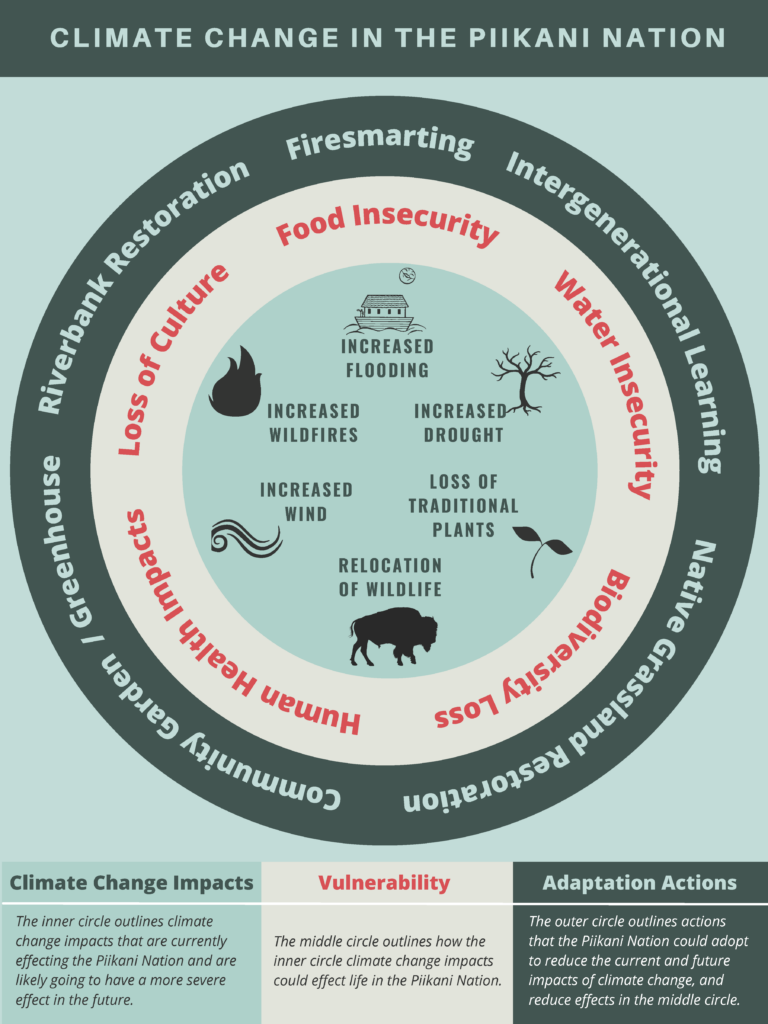
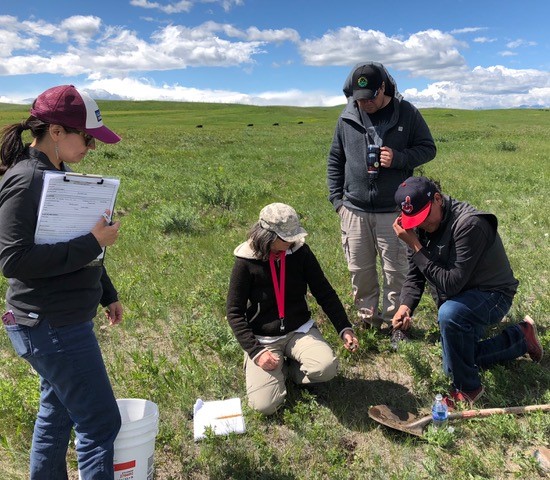
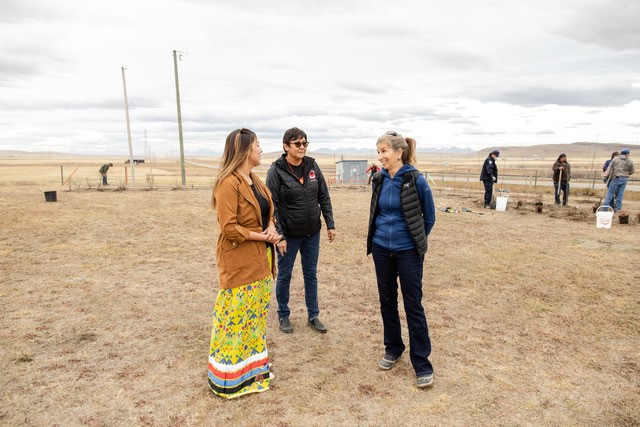
What are you doing, in the context of Indigenous-led climate adaptation and resilience?
Unique to our work is that we actively weave Indigenous values with other ways of knowing to advance local change and inspire transformative thinking about the future. An example of this is co-creating a session for the IPCC Cities Conference in Edmonton that brought together Indigenous knowledge holders with IPCC scientists, government officials and academic scholars to exchange ideas on adaptation.
At the community level, we co-develop activities that unite multi-generations in learning and sharing to build capacity momentum for change. Every community is different and so is their adaptation journey. For some this means beginning with Local Early Action Plans (LEAPs) and climate risk assessments, for others it is about developing knowledge on what it means to be resilient to enhance climate adaptation efforts through program such as Stories of Resilience, or bringing the community together in dialogue on major climate threats like Fire & Ice.
We also create and maintain ‘Global-to-Local / Local-to-Global’ pathways for knowledge sharing through partnerships, for example with the UNFCCC Local Communities & Indigenous Peoples’ Platform and Resilience Frontiers. Through these pathways we strengthen reciprocal knowledge sharing and help to promote good practices and innovations in local and Indigenous strategies to climate change.
Why is this work important?
A wicked challenge is a social or cultural problem that is difficult or impossible to solve. Climate Change is a wicked challenge at local and global scales. We are already facing unprecedented warming and costly natural disasters and vulnerable communities are in urgent need of support. Globally, systems need to change, but how can we expect transformative change to occur if we continue to try to solve problems from the same lens that got us into this mess? By facilitating partnerships with multiple knowledge holders in academia, industry, and local communities we fill a critical gap in building knowledge and capacity.
Through their initiatives and partnerships, TRI centers Indigenous ways of knowing and multigenerational knowledge sharing in co-creating climate adaptation and resilience actions. Organizations like TRI play a critical connective role, building on community strengths and working in partnership to equip communities with capacities to adapt to climate change and support overall resilience.
The Climate Resilience Capacity Building Program offers funding for Indigenous communities and municipalities to better understand and assess the local impacts of climate change now and in the future, and progress on planning and implementation of adaptation and resilience actions. Indigenous communities and municipalities can apply for funding until March 31, 2023.
Our thanks and acknowledgement to the Resilience Institute for their contributions to this blog post.
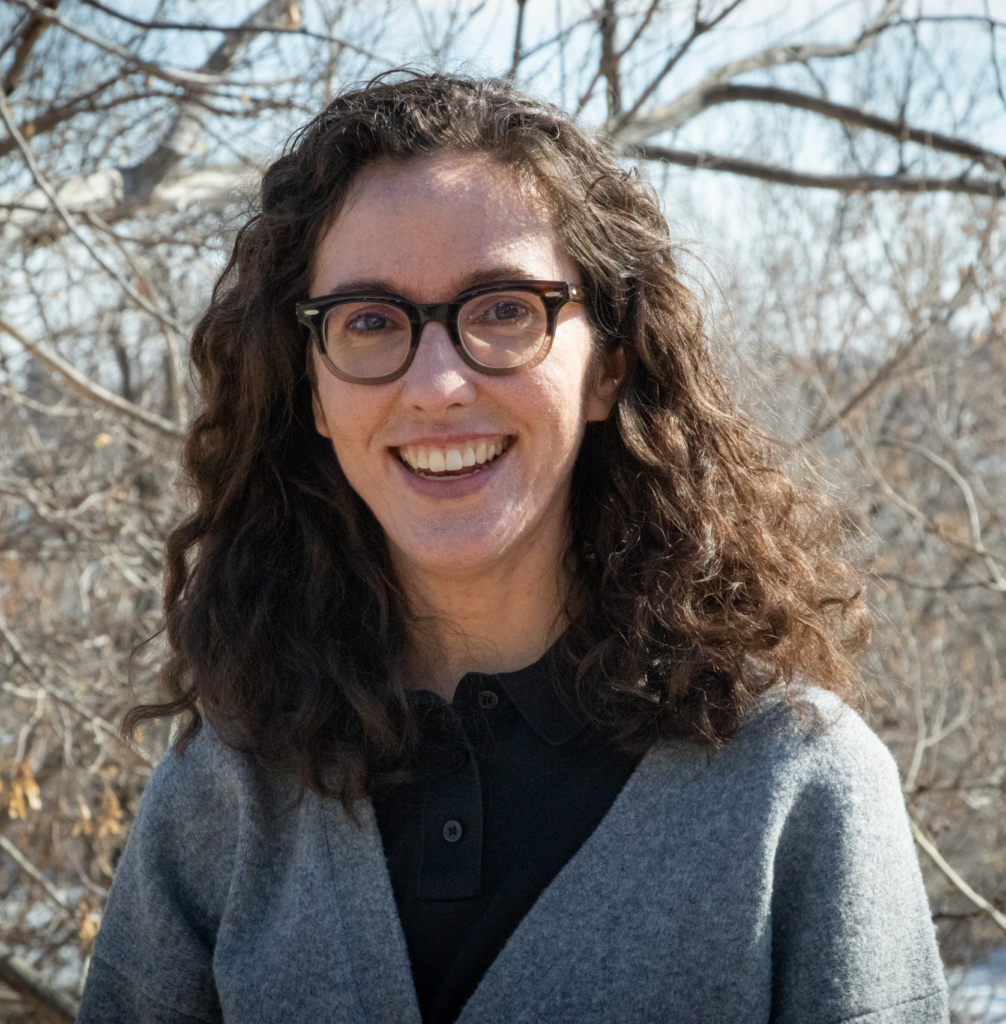
Andrea Miller
Project Assistant
Via an internship position through the Adaptation Resilience Training program, Andrea supports communities through activities and services offered through the Climate Resilience Capacity Building Program.
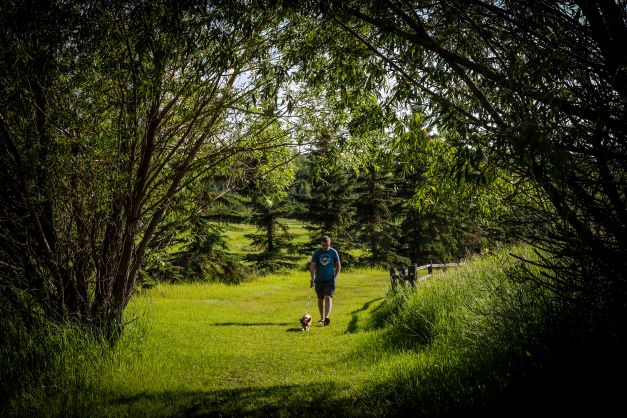

You must be logged in to post a comment.